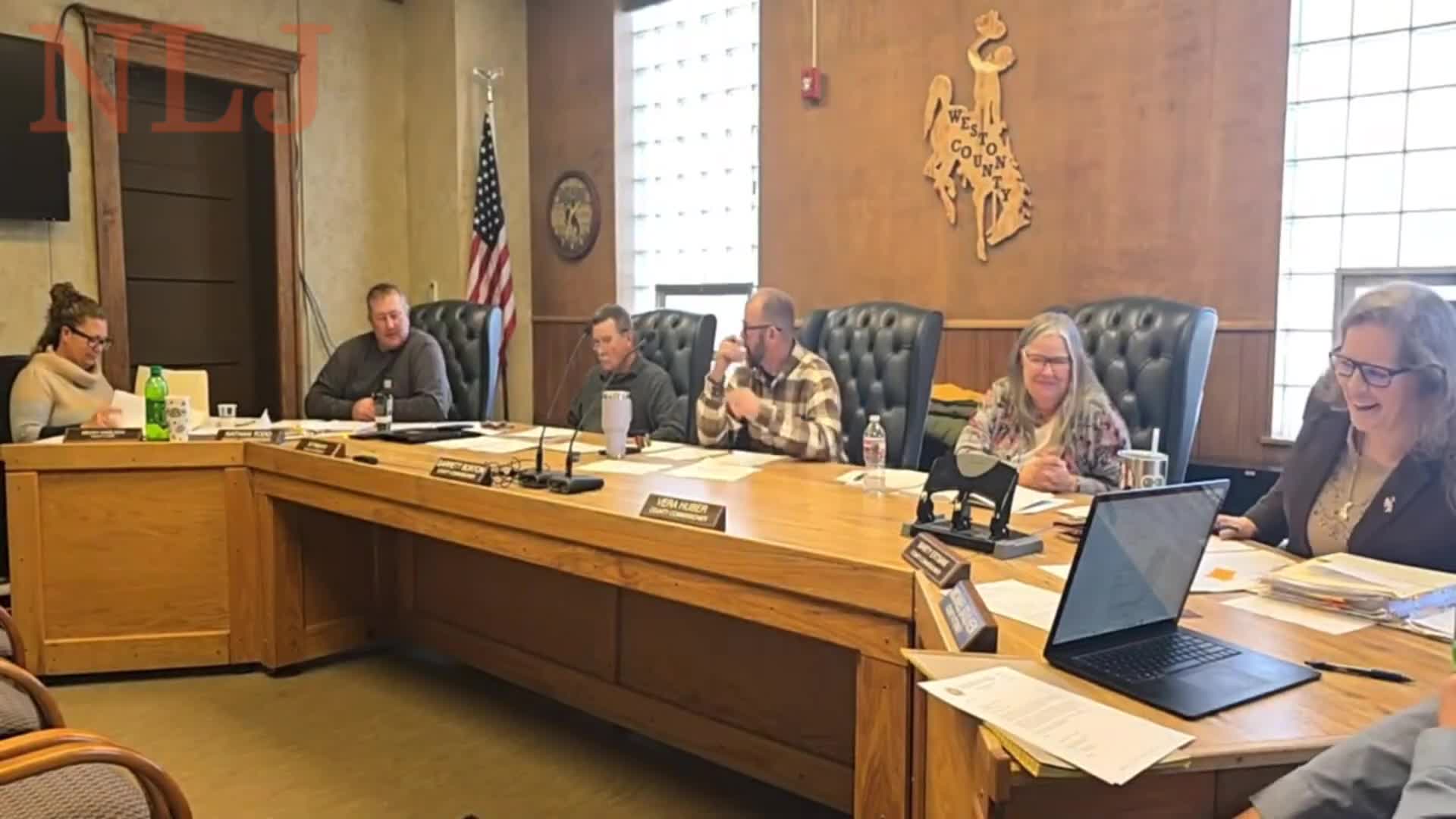Commissioners explore Title 25 transport options, liability and hospital alternatives
Get AI-powered insights, summaries, and transcripts
Subscribe
Summary
The commission discussed alternatives for transporting people under Title 25 holds, including private contractors, off‑duty or retired officers, EMTs and hospital secured rooms; staff emphasized the county’s statutory responsibility for the initial 72 hours and asked the county attorney to clarify liability and contract language.
Commissioners and staff discussed the county’s role and liability in transporting and holding people under Title 25 involuntary‑hold authority.
Staff said they had consulted local transport providers and discussed practices used in other counties. The discussion noted several models: private contractors who employ off‑duty or retired certified peace officers to transport and secure patients; EMTs or hospital staff transporting patients; and hospitals that provide a secured observation room staffed by hospital security or a contracted security firm. Participants said those hospital models reduce law‑enforcement time if the facility staffs the room and only requests officers for incidents that require police intervention.
Commissioners raised liability and training questions and asked the county attorney to identify legal exposure and to draft contract language clarifying insurance, minimum qualifications, and responsibilities. Staff emphasized the statutory limit that the county’s primary responsibility generally covers the initial 72‑hour custody period, subject to statutory conditions, after which state processes determine further placement. Participants said the county should require written contracts that specify liability, minimal certification (peace officer or equivalent), and operational expectations for any third‑party transport provider, and that staff would pursue model practices observed elsewhere.
No formal action to change policy or contract terms was recorded in the transcript; commissioners directed staff to gather examples and consult the county attorney and local hospitals about secured‑room arrangements and potential shared-cost or regional approaches.
